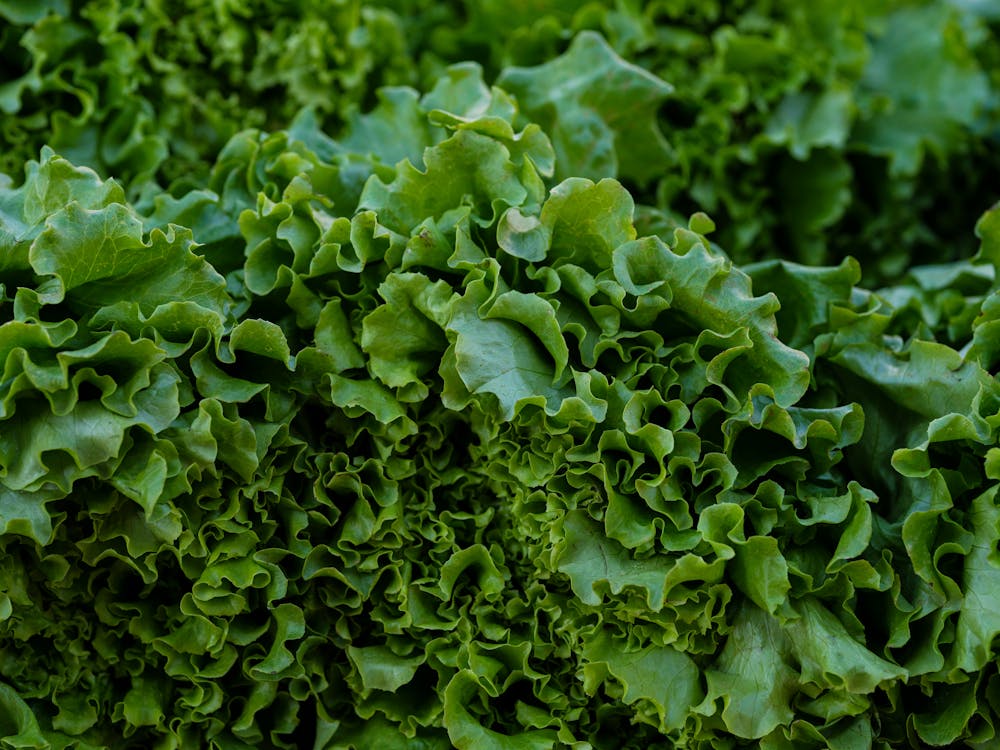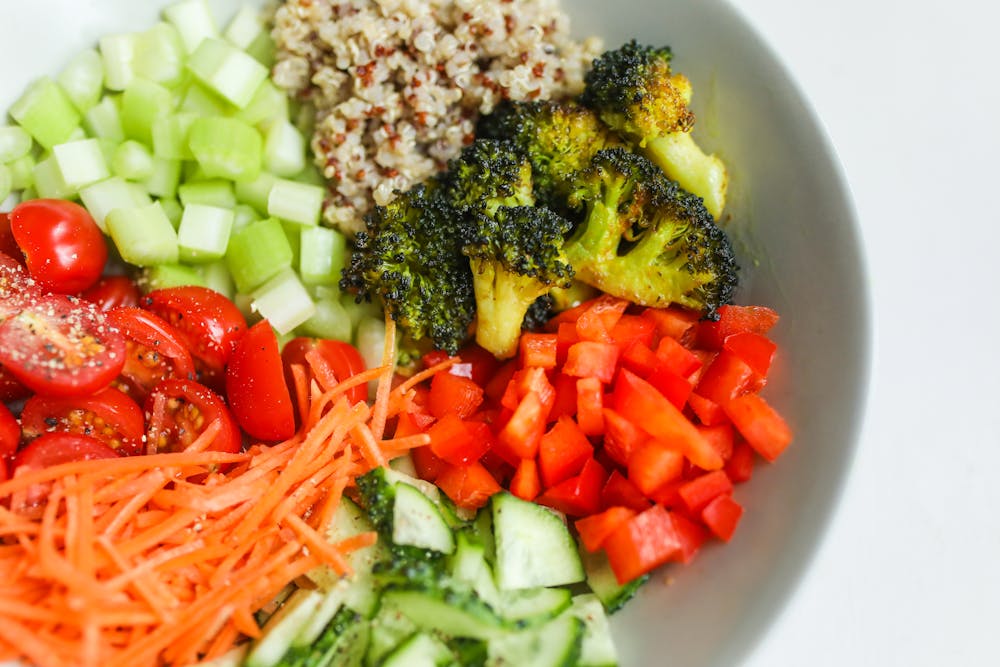Embarking on the journey of embracing the Mediterranean diet has been a delightful and enriching experience, not just for my taste buds but also for my heart health and overall well-being. This renowned dietary pattern, inspired by the traditional eating habits of countries bordering the Mediterranean Sea, offers a delicious and nutritious path to promoting cardiovascular health and longevity. Here’s why I’ve wholeheartedly embraced the Mediterranean diet:
 1. **Abundance of Fresh, Whole Foods:**
1. **Abundance of Fresh, Whole Foods:**
At the heart of the Mediterranean diet is an emphasis on whole, minimally processed foods. Fresh fruits and vegetables, whole grains, legumes, nuts, seeds, and olive oil form the foundation of meals, providing a rich array of vitamins, minerals, antioxidants, and fiber that nourish the body and support optimal health.
 2. **Plant-Based Focus:**
2. **Plant-Based Focus:**
The Mediterranean diet is predominantly plant-based, with fruits, vegetables, grains, and legumes taking center stage in meals. Plant foods are celebrated for their nutritional density and health-promoting properties, while animal products such as poultry, fish, and dairy are enjoyed in moderation.
 3. **Healthy Fats from Olive Oil:**
3. **Healthy Fats from Olive Oil:**
Olive oil, a staple of the Mediterranean diet, serves as the primary source of fat and adds delicious flavor to dishes. Rich in monounsaturated fats and antioxidants, olive oil offers numerous cardiovascular benefits, including reducing inflammation, improving cholesterol levels, and supporting heart health.
 4. **Omega-3-Rich Seafood:**
4. **Omega-3-Rich Seafood:**
Fish and seafood feature prominently in the Mediterranean diet, providing valuable omega-3 fatty acids that support heart and brain health. Fatty fish like salmon, mackerel, sardines, and trout are excellent sources of omega-3s and are enjoyed regularly as part of the Mediterranean eating pattern.
 5. **Moderate Consumption of Dairy and Poultry:**
5. **Moderate Consumption of Dairy and Poultry:**
Dairy products, including cheese and yogurt, are enjoyed in moderation in the Mediterranean diet, providing calcium, protein, and probiotics. Poultry, eggs, and lean meats are also included but in smaller portions and less frequently than plant-based foods and seafood.
 6. **Herbs, Spices, and Flavorful Seasonings:**
6. **Herbs, Spices, and Flavorful Seasonings:**
Herbs, spices, and aromatic seasonings such as garlic, onion, oregano, basil, and rosemary are integral to Mediterranean cuisine, adding depth of flavor and enhancing the taste of dishes without relying on excessive salt or added sugars.
 7. **Red Wine in Moderation:**
7. **Red Wine in Moderation:**
Red wine, consumed in moderation and often enjoyed with meals in Mediterranean cultures, offers potential cardiovascular benefits due to its antioxidant content. However, moderation is key, with no more than one glass per day for women and up to two glasses per day for men.
 8. **Social and Cultural Elements:**
8. **Social and Cultural Elements:**
Beyond its nutritional components, the Mediterranean diet embodies a holistic approach to health that encompasses social, cultural, and lifestyle factors. Meals are enjoyed leisurely, often shared with family and friends, fostering connections and promoting a sense of community and well-being.
 By embracing the principles of the Mediterranean diet and savoring its delicious and wholesome foods, I’ve discovered a nourishing way of eating that not only supports my heart health but also enhances my overall quality of life. With its emphasis on fresh, flavorful ingredients, culinary creativity, and mindful eating practices, the Mediterranean diet offers a sustainable and enjoyable approach to nourishing both body and soul.
By embracing the principles of the Mediterranean diet and savoring its delicious and wholesome foods, I’ve discovered a nourishing way of eating that not only supports my heart health but also enhances my overall quality of life. With its emphasis on fresh, flavorful ingredients, culinary creativity, and mindful eating practices, the Mediterranean diet offers a sustainable and enjoyable approach to nourishing both body and soul.




